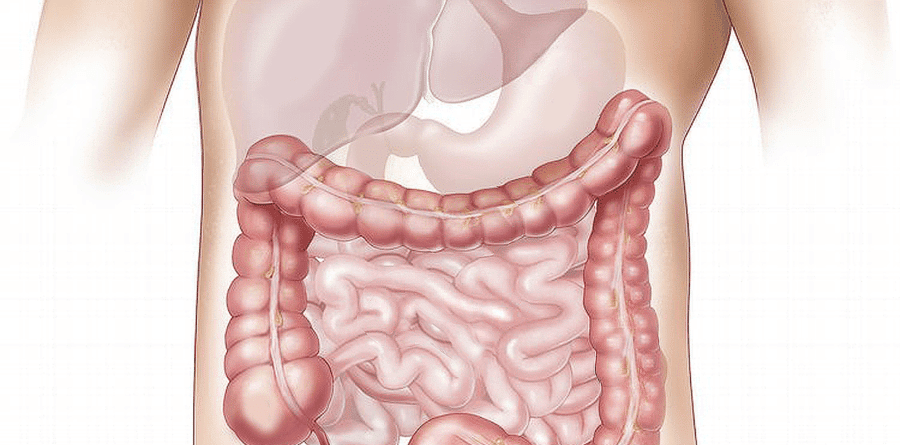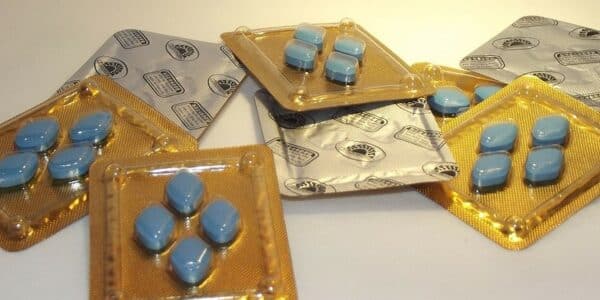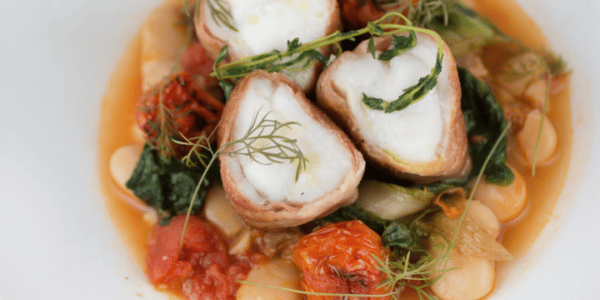Is gluten really that bad for you?
21/02/2022 - Natasha is Wide Eyed

Rewind 10 years and Natasha founder of Natasha is Wide eyed would have said categorically being gluten free made her feel better. Even after she qualified as a nutritional advisor in 2014, she continued to give this advice to her clients. But as the years of continuous research into optimal health have gone on, her thoughts on any food that has been manipulated and processed have become more focused and now she has a different view on should you be gluten free or not?
What’s up with gluten anyway?
Plants are clever, and they have ways of making sure their seeds survive. One of these chemical mechanisms is gluten, which was introduced to the human digestive system when we discovered how to grind the seeds of certain plants to make flour. Originally traditional methods of long proving or sprouting the seeds before milling would have broken down the most harmful plant defences and caused few side effects to our digestive system. At a push, Natasha will concede that the best type of bread in the 21st Century will be a homemade sourdough loaf made with sprouted flour, but she still has an issue of it turning to sugar in your bloodstream, more of which later.
Modern industrial processing with its aim to improve profits and cut down the extended proving time has inevitably impacted our gut and overall health. They’ve even ramped up gluten’s power with the invention of vital wheat gluten. This is used extensively in vegetarian and vegan products to improve texture; it also cuts bread proving time from 24 hours to 20 minutes. The plants themselves have been selectively bred to make them hardier, which increases the plants defence mechanisms further.
You might ask, but isn’t this progress? Aren’t we just innovating and improving traditional methods?
No, as the traditional processes softened the blow to our gut from anti nutrients, like gluten.
Modern gluten is like a lawn mower cutting through the fine frond-like microvilli that lines your intestines. Irritable bowel can be a result of this smoothing out of your gut lining. Nutrient absorption is also compromised, and a condition called leaky gut can occur when the lining is damaged, allowing bacteria to go where they shouldn’t, including your brain.
The most extreme example of gluten allergy is Coeliacs disease. Sufferers become extremely ill when they eat even the smallest amount of gluten. There has been a twenty-fold increase in its prevalence since 1971, which coincides with the industrial ‘advances’ and move to ill-advised dietary guidelines.
Upon reading this you may well conclude that we should indeed eliminate gluten from our diets. But what do we replace it with? Have you noticed the ever-expanding Free From sections in supermarket and more and more products with gluten free on the labels?
Now you get to the crux of Natasha’s general issue with modern food. Whether gluten filled or gluten free, ‘products’ are what adversely impacts your health. If it was made in a factory, it isn’t real food and it isn’t doing you any good.
But what about gluten free single ingredients that you can cook from scratch with, such as oats (by the way oats grow gluten free but are then processed in factories with gluten and can be contaminated with it) and rice-based flour alternatives? Your body was not designed to ingest large amounts of foods that turn to sugar at every meal i.e., cereal, bread, pasta, cakes and rice etc. Swapping to these ingredients may remove the gluten element but will still raise your blood sugar on a huge scale causing the main driver of today’s chronic disease pandemic, insulin resistance. Continuous insulin resistance is storing up health trouble for the future. Maintaining a stable blood sugar is the aim and is what helps Natasha’s clients heal themselves and feel fantastic for the first time in years.
Therefore, gluten or gluten free becomes a moot point.
The fantastic news is that as the cells in your intestine renew every 7 days, you can feel the difference fast and regenerate your gut health by cutting out high carbohydrate and processed foods. Eating meat, fish, eggs, dairy, and vegetables (but not potatoes!) in any combination will nourish your body and allow it to recover. You can literally heal yourself with every mouthful.
If you’d like to understand how your body works with a 4-week food plan that heals you fast, visit natashaiswideeyed.com and book your discovery session today
All articles on this news site are submitted by registered contributors of EssexWire. Find out how to subscribe and submit your stories here »



